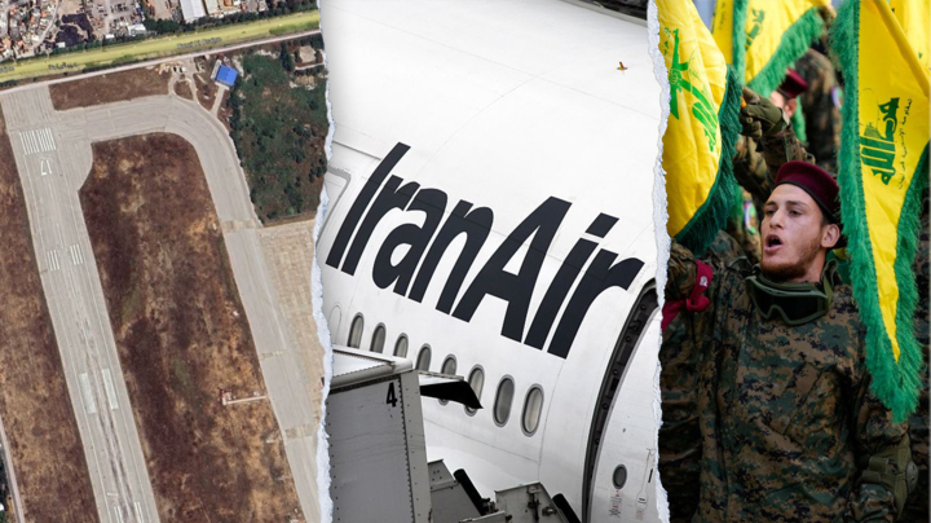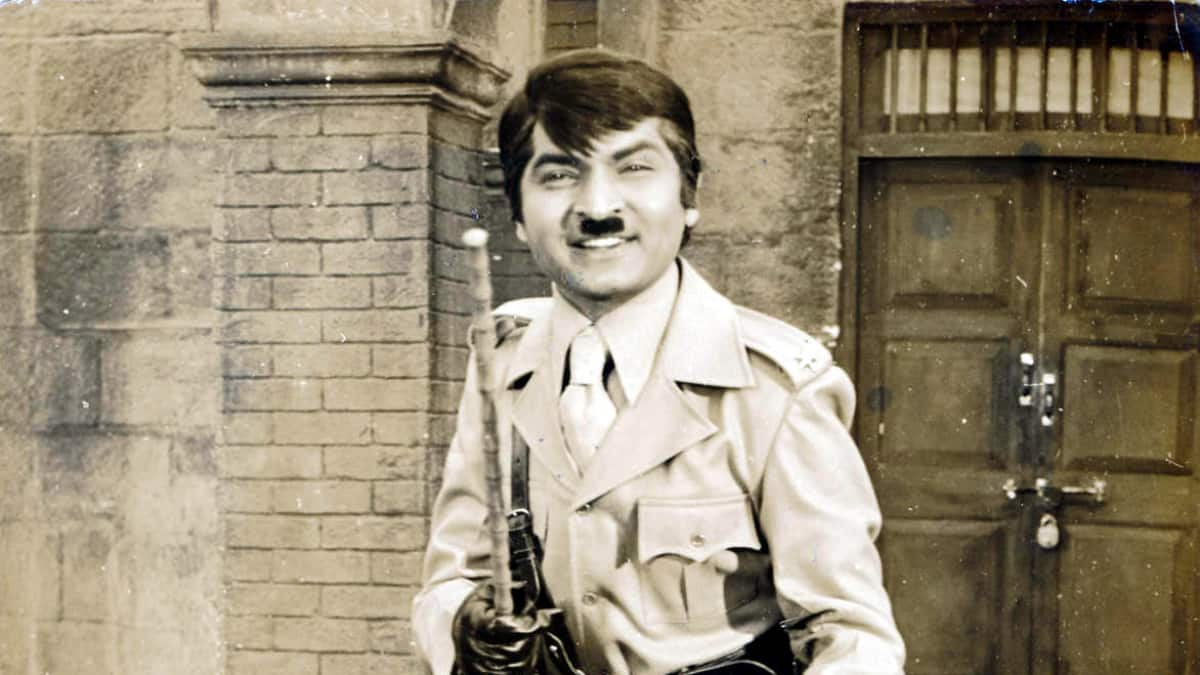Iran's national plane is said to have transported weaponry to Beirut airport for Hezbollah, a terror proxy: Report
Iran’s domestic airline, already sanctioned for support to Russia, is being accused of aiding Hezbollah by an Iranian dissident group who has called for additional sanctions to be put on the carrier.

Iran Air, the national airline of the Islamic Republic of Iran, is allegedly giving support to Hezbollah, an organization labeled as a terrorist by the United States, according to a shocking revelation released by the Iranian dissident group People's Mojahedin Organization of Iran (PMOI/MEK).
The MEK said, citing a former Hezbollah member, that Hezbollah operatives were frequently sent to Iran for training courses aboard flights between Iran and Beirut Airport in Lebanon, where they were also "smuggle[d] food [and] light and medium weapons" into Lebanon.
That transfer was alleged to have delivered advanced light weapons from Iran to Lebanon, particularly through runway 17, which it claims "exclusively" belongs to Hezbollah. In January 2021, a Hezbollah member alleged that shipments arriving at runway 17 included anti-aircraft missiles.
Jason Brodsky, policy director for United Against Nuclear Iran, told Fox News Digital that "Iran Air has a history of enabling procurement of Western products, particularly dual-use goods, for use by the [Islamic Revolutionary Guard Corps] IRGC and Iran’s Defense Ministry, through Europe to Iran routes." Brodsky explained that Iran Air gets away with these transfers by using "carry-on luggage in European airport stopovers which do not require another security check." Brodsky said that "Iran purposely uses such civilian flights as a shield to avoid kinetic targeting by its adversaries."
The MEK also stated that public information and intelligence obtained from inside the IRGC and Ministry of Intelligence and Security (MOIS) shows that the MOIS "has systematically used Iran Air to move MOIS agents and their equipment for terrorist activities outside of Iran." The MEK elaborated that Iran Air had transferred "shipments and packages necessary for activities of the MOIS in Europe to Austria" while "terrorist diplomat" Asadullah Assadi who was the MOIS station chief for Europe between 2015 and 2018.
Assadi was sentenced to 20 years in a Belgian prison for his plot to bomb a National Council of Resistance of Iran (NCRI) gathering in 2018. He was released in exchange for a Belgian aid worker, a Danish citizen and two dual Austrian-Iranian citizens in May and June 2023, according to Yahoo News.
MEK sources also issued a reminder of Iran Air’s historic ties to terror. As MEK reported, "most" of the 12 terrorists sent to Geneva to participate in an operation to assassinate Professor Kazem Rejavi, a human rights defender and member of the NCRI, on April 24, 1990, "were transported by Iran Air," as were their weapons. The MEK alleges that the return Iran Air flight after the assassination had a "delayed departure from Geneva…so the terrorists could make the flight." The Washington Post’s reporting from 1990 corroborates this claim.
The Treasury and State Departments sanctioned Iran Air on Sept. 10 on the basis of the shipments of equipment and aircraft parts it has provided to Russia. In its press release, the Treasury Department noted Iran Air’s "history of transporting goods on behalf of Iran’s [IRGC] and Ministry of Defense and Armed Forces Logistics (MODAFL)."
The Treasury and State Departments did not respond to Fox News Digital’s inquiry about any known ties between Iran Air and Hezbollah. A spokesperson from the Treasury Department did emphasize that, per the new sanctions, "all property and interests in property of the persons above that are in the United States or in the possession or control of U.S. persons are blocked and must be reported to [the Office of Foreign Assets Control.]"
Following U.S. sanctions, France, the United Kingdom and Germany announced that they would likewise "cancel bilateral air services agreements with Iran," and "will also work towards imposing sanctions on Iran Air."
Ali Safavi, a member of the Foreign Affairs Committee of the Paris-based NCRI, told Fox News Digital that "the clerical regime in Iran has strategically utilized the nation’s resources and recognized civil entities, including its national airline, to further its goals of domestic suppression and the international proliferation of terrorism and extremism."
The MEK notes that senior IRGC-Qods Force Commander Brigadier General Rostam Ghasemi, who is subject to U.S. sanctions, appointed IRGC Brigadier General Shamseddin Farzadipour to be the head of Iran Air on April 25, 2022. Prior to this role, Farzadipour was the IRCH Air and Space Force aviation operations commander.
Safavi said that Farzadipour’s appointment demonstrates "the airline’s alignment with [the IRGC’s] oppressive objectives," which "blatantly contravenes established international laws and norms."
Safavi has urged the international community to prohibit Iran Air from flying to its major hubs across Europe, and to designate the IRGC as a terror organization. He also called on the United Nations Security Council to reinstate sanctions against Iran.
When asked about the Hezbollah member’s allegations, the Permanent Mission of the Islamic Republic of Iran to the United Nations told Fox News Digital that "The Islamic Republic of Iran remains actively involved in the provision of humanitarian assistance to Lebanon via multiple channels and has formally expressed its preparedness to extend medical aid and receive the wounded – a proposition duly accepted by the Government of Lebanon."
The spokesman claimed that "Lebanon is not in need of military support. The foremost and urgent priority must center upon the establishment of a ceasefire and the facilitation of relief efforts."





















